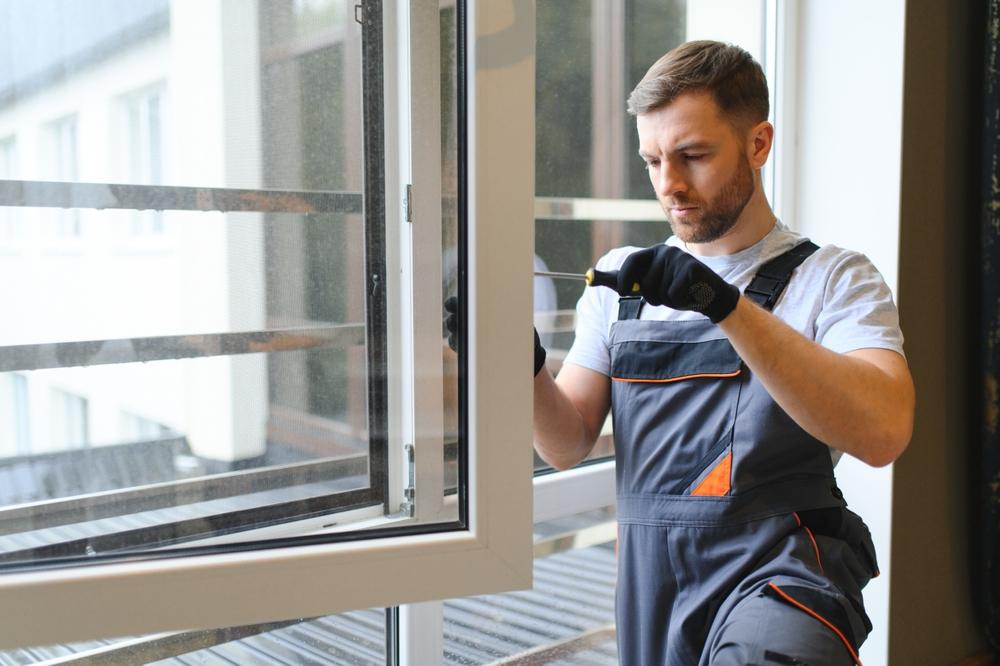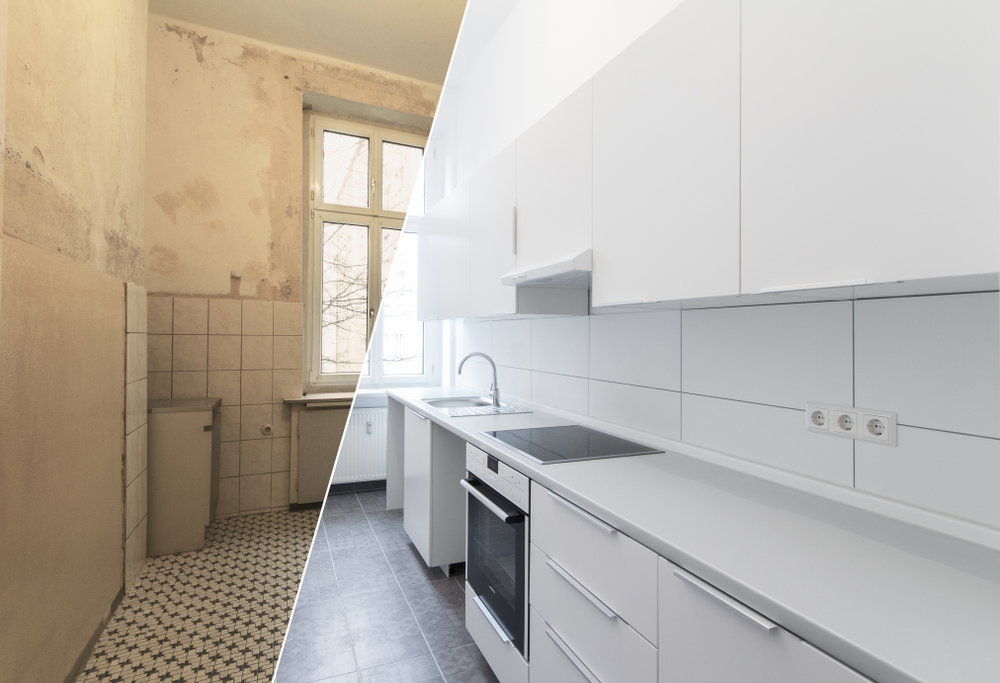Cremation Services & Plans
Choose affordable cremation services and comprehensive plans to ensure a respectful and personalized farewell for your loved ones. With compassionate teams, professionals offer hassle-free cremation options tailored to your needs, providing peace of mind during this difficult time.
Cremation services and plans offer an alternative to traditional burial services, providing a dignified farewell for loved ones while supporting emotional and financial considerations. As cremation grows in popularity, understanding the costs and options available is important for individuals and families making end-of-life arrangements. This article will explore the average cost of cremation, the types of cremation and funeral services, popular cremation services, and the benefits of pre-purchasing and planning cremation services.

Average Cost of Cremation
The cost of cremation varies depending on factors such as geographical location, the type of service selected, and the choice of urn or container. On average, the cost of cremation ranges from $500 to $3,000. Direct cremation, which excludes a funeral or memorial service, is the least expensive option. However, when additional services are included, such as a viewing or memorial service, the cost can increase significantly.
Types of Cremation & Funeral Services and Their Costs
There are several types of cremation and funeral services, each with its cost. Direct cremation is the most basic and affordable, typically ranging from $500 to $1,000. This service involves cremating the body soon after death without a viewing or funeral service.
Traditional cremation services, which include a viewing and funeral service prior to cremation, range from $2,000 to $5,000. This service is similar to a traditional burial service, with the main difference being the body's final disposition.
Cremation with a memorial service allows family and friends to gather and celebrate the life of the deceased after cremation. This service varies in cost depending on the location and length of the memorial service, typically ranging from $1,000 to $2,500.
Popular Cremation Services
The most popular cremation services include direct cremation, traditional cremation, cremation with a memorial service, and cremation with scattering services. The choice often depends on the family's wishes, religious beliefs, and budget. Direct cremation is popular for its affordability and simplicity, while traditional cremation provides a more structured farewell. Cremation with a memorial service allows for flexibility in planning and personalization. Lastly, cremation with scattering services provides a symbolic and often therapeutic way to let go of a loved one.
Benefits of Pre-Purchasing and Planning Cremation Services
Pre-purchasing and planning cremation services have several benefits. One of the most significant benefits is cost savings. Pre-purchasing locks in the current price, protecting against future inflation and price increases. It also allows families to pay for the service over time, reducing financial stress at the time of death.
Planning ahead allows individuals to make their wishes known, reducing the decision-making burden on grieving family members. It also provides an opportunity to personalize the service, ensuring a meaningful and reflective farewell.
Another benefit of pre-planning is peace of mind. Knowing that arrangements have been made and paid for can provide a sense of relief and security for individuals and their families.
Cremation services and plans offer a range of options to fit various needs, preferences, and budgets. From direct cremation to traditional services, each choice offers a respectful and dignified farewell for loved ones. Understanding the costs associated with each type of service is important for making informed decisions. Pre-purchasing and planning can provide significant benefits, notably cost savings, personalized services, and peace of mind. As cremation continues to grow in popularity, these considerations will become increasingly important for individuals and families planning end-of-life arrangements.











